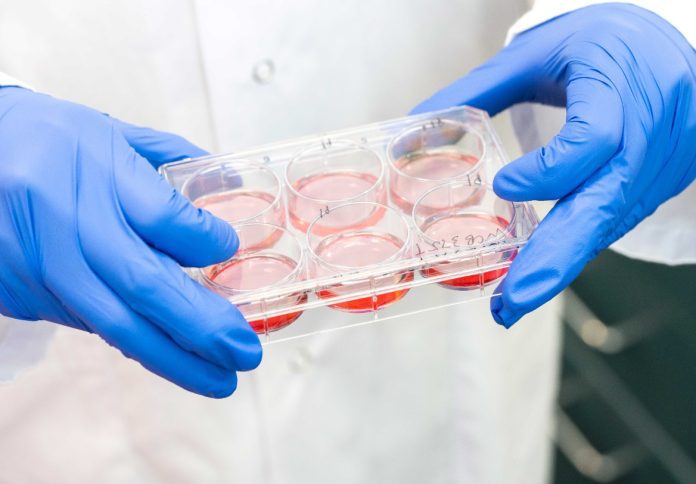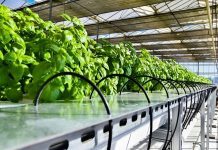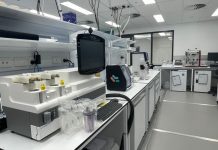
A pioneering clinical trial underway in Melbourne, supported by breakthrough research from Walter and Eliza Hall Institute of Medical Research (WEHI), is exploring whether lab-grown tumour models can help personalise chemotherapy for bowel cancer patients by predicting drug effectiveness before treatment begins.
Known as FORECAST-2, the trial uses tumour organoids – three-dimensional mini tumours grown from a patient’s own tissue samples – to test how the cancer responds to various chemotherapy drugs.
Researchers say this approach could help replace the current trial-and-error method of treatment selection with a more personalised strategy.
Bowel cancer, or colorectal cancer, claims more than 5,000 Australian lives annually. While early-stage bowel cancer is highly treatable, many cases are diagnosed late due to a lack of early symptoms.
Currently, there is no reliable way to predict how a patient will respond to specific chemotherapy drugs, leading some to undergo treatments that may ultimately be ineffective.
Professor Peter Gibbs, Head of Clinical Discovery and Translation at WEHI and a medical oncologist at Western Health, said the new approach could significantly reduce delays in finding the right treatment.
“Each time you give a patient an ineffective treatment, you lose up to three months on a treatment that won’t work,” Prof Gibbs said.
“Given we now have many treatment options to select from, identifying which of these therapies to give a patient will ultimately have a big impact on their health outcomes.”
Organoids, which are about the size of a grain of sand, mimic the characteristics of the original tumour, including drug sensitivity. From each patient tissue sample, up to eight organoids can be grown and exposed to various drug combinations to determine the most promising course of treatment.
“Knowing what is most likely to work before patients start treatment would make a significant difference to their survival outcome and quality of life,” Prof Gibbs added.
The clinical trial builds on earlier WEHI-led research that demonstrated the predictive potential of organoid testing. In a previous study involving 30 patients with advanced bowel cancer, organoids correctly predicted non-effective treatments with 90 per cent accuracy and successful treatments with 83 per cent accuracy.
In two cases, the testing revealed an effective combination of drugs not typically used for bowel cancer, offering new therapeutic possibilities.
Associate Professor Oliver Sieber, WEHI Laboratory Head and a corresponding author of the original study, said the clinical trial represents a pivotal step in advancing personalised medicine.
“Every cancer is unique and requires a tailored treatment approach for the best outcome,” Assoc Prof Sieber said.
“Being able to predict the treatment outcomes for newly diagnosed patients will give us the best chance of identifying the most promising treatments early.”
FORECAST-2 is currently open at Western Health and Melbourne Private Hospital, with additional trial sites, including Peter MacCallum Cancer Centre, Eastern Health, Northern Health, Royal Melbourne Hospital, and Western Private, to open in the coming months.
The trial is funded by Cancer Australia and supported by a number of organisations, including the Stafford Fox Medical Research Foundation, the Australasian Gastro-Intestinal Trials Group, and the Victorian Cancer Biobank through Cancer Council Victoria.
It also receives support from the Victorian State Government, Beijing Genomics Institute, Guangdong Provincial Key Laboratory of Human Disease Genomics, and the China National GeneBank.
Eligible patients will be offered the opportunity to participate in the trial by their treating practitioners at participating hospitals.
More details are available through the Australian New Zealand Clinical Trial Registry (ACTRN12624000684527p).



















